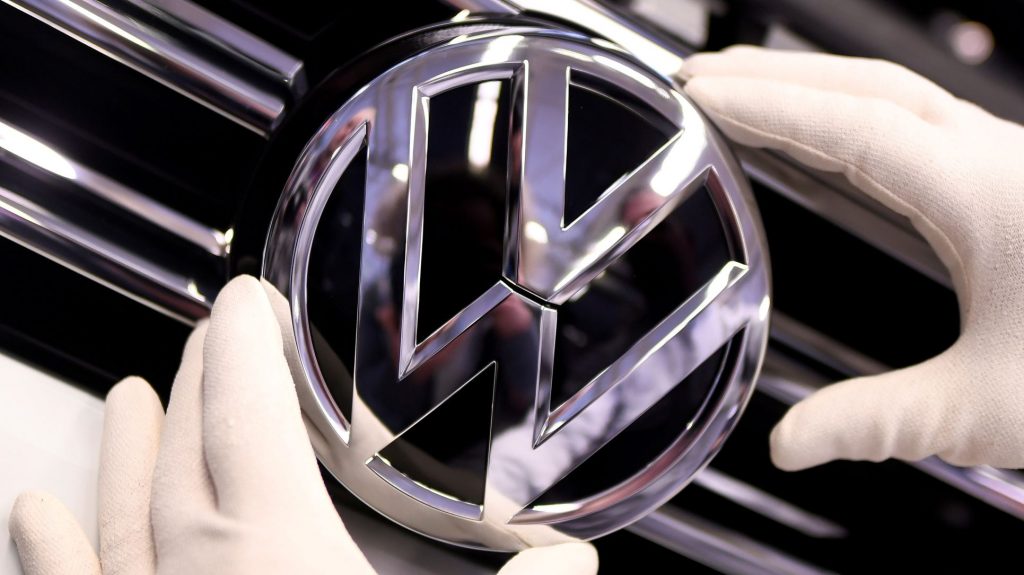
Volkswagen and Bosch have agreed to set up a joint venture by the end of this year to equip battery cell factories and help make Europe self-sufficient in battery production.
The venture will deliver battery production systems and assist battery cell manufacturers in scaling up and maintaining production sites, Volkswagen said on Tuesday, adding it would serve its own factories and others across Europe.
“Europe has a one-time chance to become the global powerhouse for batteries in coming years,” Volkswagen board member Thomas Schmall, who is responsible for VW’s battery plans, said.
“We are working to build a complete, localised, European supply chain for ‘made in Europe’ e-mobility.”
The companies did not say how much they would invest in the venture.
So far, battery cell plants capable of generating just under 900 gigawatt hours (GWh) of capacity have been announced in Europe, according to data from the European Battery Alliance (EBA) – set to make up about 16% of global production by 2029.
But the EBA has said a third of global batteries should be produced in Europe by 2030 to cut dependence on suppliers that dominate the market, mostly from South Korea and China.
The largest planned battery plant in Europe is Tesla’s, located in Berlin next to its electric vehicle factory and set to produce over 100 GWh of capacity at its peak.
Both the plant and the factory are still awaiting approval from regional authorities to begin production.
Volkswagen, intent on outdoing Tesla as the top electric vehicle (EV) seller, has announced plans to build six so-called gigafactories in Europe by the end of the decade with a joint capacity of 240 GWh, in an attempt to control as much of the supply chain as possible.
Volkswagen’s CEO Herbert Diess, who clashed at the end of last year with the company’s powerful workers council over his electrification strategy, said the battery division was expected to generate sales of 20 billion euros ($22.7 billion) by the end of the decade and was being readied for a partial sale.
The carmaker, which last December upped its spending on electrification in the next five years to 52 billion euros, has committed to exclusively selling EVs in Europe from 2035.
For Bosch, the move will strengthen its role in the transition towards EVs, which for many suppliers represents an existential threat as building a EV requires fewer steps and less labour than building an internal combustion engine car.
The supplier, the world’s largest, has in the past decided against investing in battery cell production itself, deeming the upfront capital investment too costly.
German newspaper Handelsblatt reported in December the two companies were also nearing an agreement to cooperate on automotive software, with Volkswagen planning to invest a triple-digit million euro amount. The companies declined to comment.
($1 = 0.8811 euros)
(Reporting by Victoria Waldersee, Jan Schwartz, Ilona Wissenbach; Editing by Susan Fenton and Mark Potter)